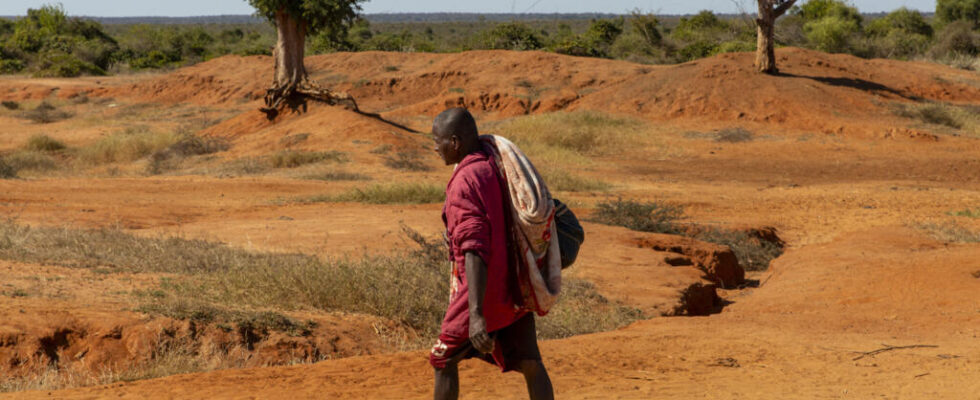The announcement was made this Friday, June 21 in Madagascar. In a joint press release, the World Bank and the International Monetary Fund announced they would release a loan of $321 million over three years for “ stimulate actions in favor of the climate “. The two organizations recall that “ climate change exacerbates poverty in the country “. The Big Island is the first country to benefit from such a joint mechanism.
2 mins
With our correspondent in Antananarivo, Sarah Tétaud
For the first time, the world Bank and the IMF will jointly work to further support the resilience of Madagascar in the face of climate change. This loan of 321 million dollars granted under the “ facility for resilience and sustainability » is ultimately a classic budget support whose disbursements, every six months, will be conditional on the adoption of reforms to fight climate change and promote green and resilient investments.
The Minister of the Environment, Max Fontaine, welcomed a “ real bargain “. His ministry is at the origin of the drafting of the twelve proposed reforms. According to him, this announcement pushes the Malagasy state to undertake reforms which will have a macroeconomic impact as well as a more sustainable impact while promoting climate resilience. “ For example, the overhaul of the decree on access to the forest carbon market is a fairly restrictive decree today. In particular, it does not take into consideration land restoration actions. It is mainly oriented towards conservation. It is a decree which is not very attractive for the private sector. Reforming it will be able to attract much more investment in Madagascar to finance these adaptation efforts. », Explains the minister.
There is also the reform to establish the National Sustainable Energy Fund. This fund will be able to finance off-grid and mini-grid electrification more autonomously and proactively encourage financing from the private sector. Another reform is that of the elimination of subsidies on fuels, planned for May 2026. We will also have a reform to increase taxes on diesel so that they are at the same level as those on gasoline.
In short, this loan is conditional on the government’s involvement in preserving the environment. And this is enough to give hope to a population already badly affected by the effects of climate change. Today, Madagascar remains, along with six other countries, one of the few to sequester more carbon than it emits.
Read alsoMadagascar: the return of water supply problems in Antananarivo
